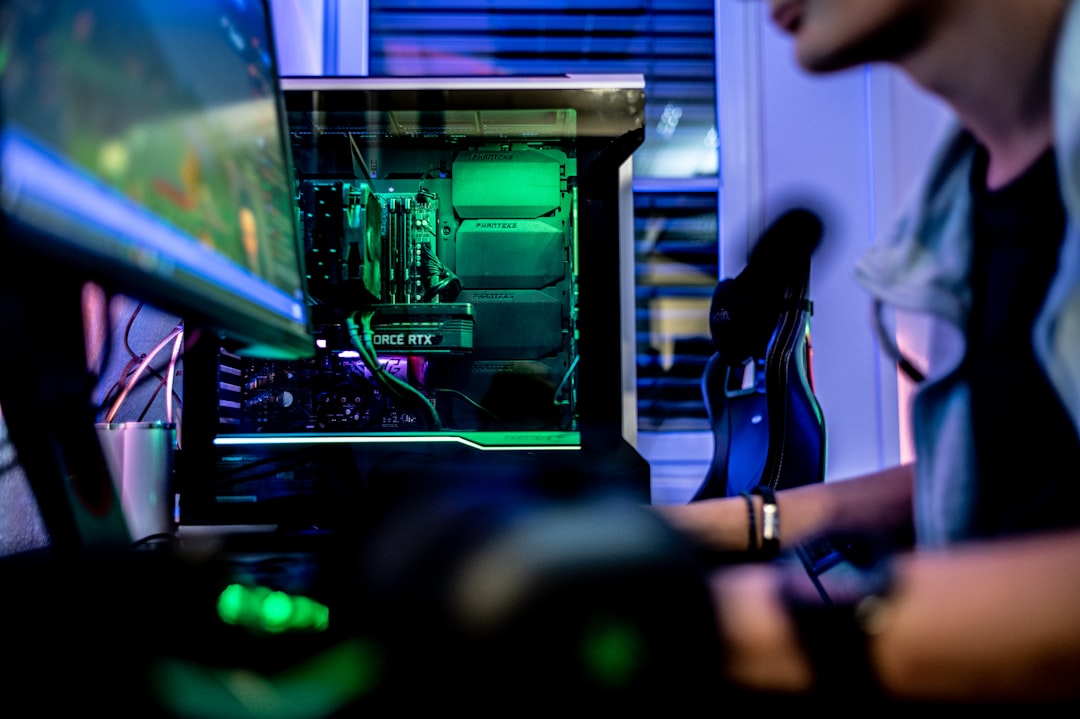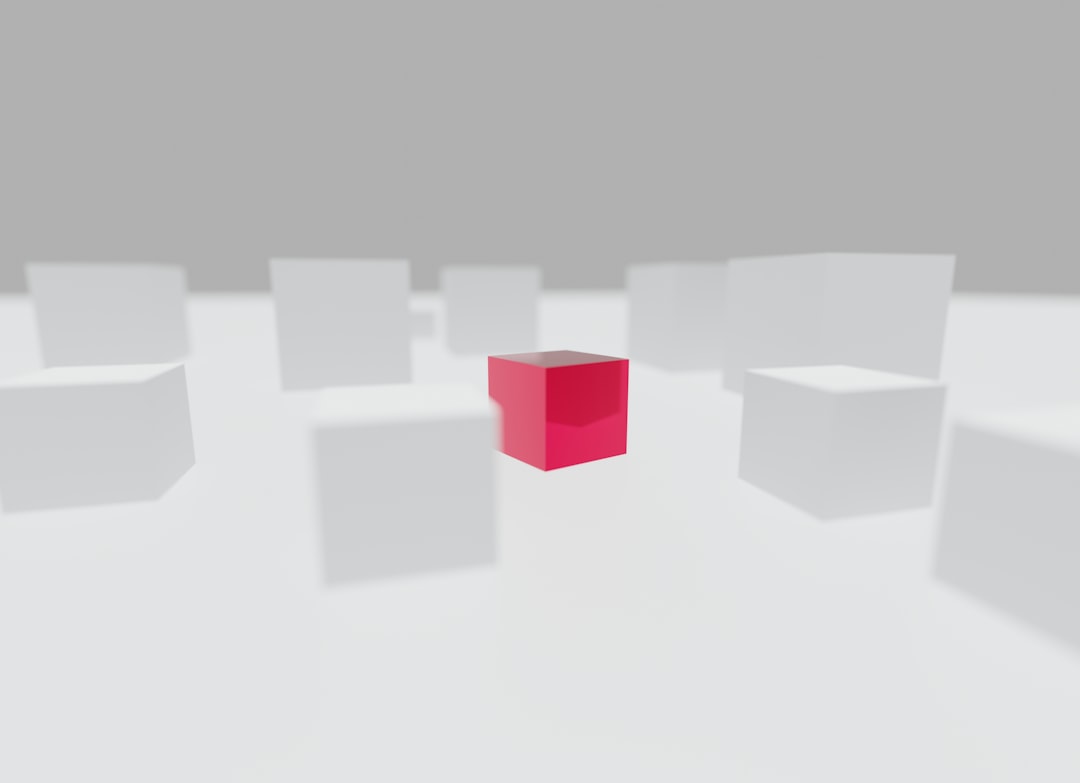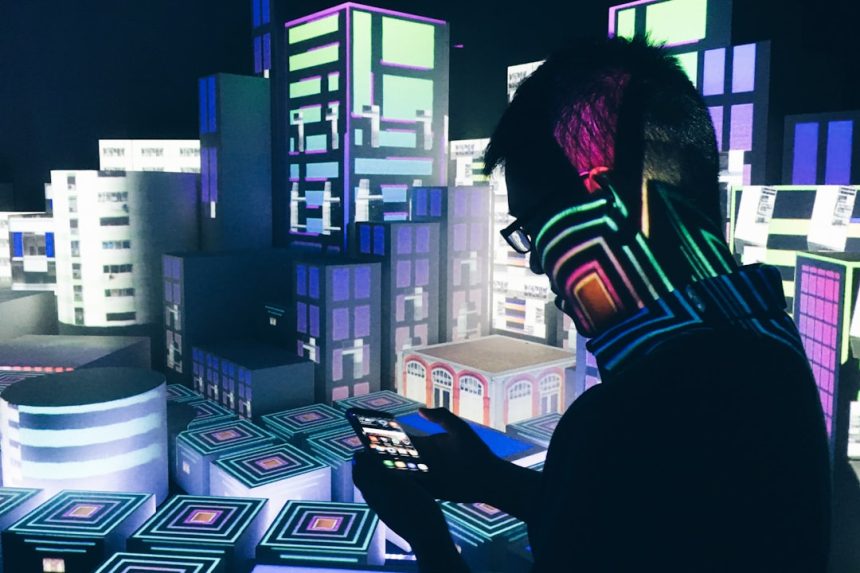In recent years, the landscape of game development has evolved at a rapid pace, thanks largely to advances in artificial intelligence (AI). Once primarily tools for improving graphics or powering non-playable characters (NPCs), AI systems are now stepping into more creative and holistic roles. But what happens when AI doesn’t just assist in creating games—but actively designs them from the ground up? This shift may redefine what it means to create and play video games in the future.
Traditionally, game development has been a labor-intensive process involving large teams of developers, artists, and storytellers. Each element of a game—its world, mechanics, characters, and story—requires meticulous planning. With AI’s entry into these creative processes, this intricate ecosystem is transforming.
The Rise of Procedural and AI-Driven Design
Procedural generation is a concept where game environments, items, and even quests are created algorithmically rather than manually. AI enhances this by bringing context, creativity, and coherence. Unlike traditional procedural content, AI can learn from existing games and player behaviors to craft experiences that feel both dynamic and personalized.
AI design tools like GPT-powered narrative builders and reinforcement learning systems for level design are allowing developers to create more complex and engaging gameplay loops. Some studios are even experimenting with AI that can create entire micro-games based on short prompts input by humans.

AI as the Creative Mind
Another groundbreaking shift is AI’s role as a creative director. AI algorithms can now write branching storylines, develop unique character arcs, and even tune game mechanics based on user feedback. This empowers indie developers, who may lack resources, to compete with larger studios by producing content-rich games with smaller teams.
Moreover, players are experiencing higher degrees of personalization. AI can adapt story outcomes, enemy strategies, or environment characteristics based on a player’s style, making every playthrough unique. This level of individual customization was nearly impossible before AI’s rise in game design.
However, this doesn’t mean that artists and developers are being replaced. Instead, AI is becoming a collaborative partner, capable of handling repetitive or technical tasks so humans can focus on high-level creative decisions. It’s a symbiotic relationship that could redefine roles within the industry.
The Ethical and Creative Implications
While AI unlocks powerful new tools, it also raises some crucial concerns. One question is about authorial intent: who “owns” the art created by an AI? If an algorithm designs a level, writes a backstory, and generates sound, how much credit belongs to the original programmers, and how much to the AI system?
There are also worries about over-saturation in the market. If AI systems can churn out hundreds of games quickly, discovery and quality assurance become larger challenges. More isn’t always better, and curating meaningful content will become increasingly vital in an AI-saturated marketplace.
Still, as long as AI is guided with purpose and oversight, its involvement could enrich the gaming experience immensely—making games more accessible, imaginative, and responsive than ever before.

Looking Ahead
The next generation of games may not be the product of singular studios or developers, but of human-AI collaboration. Imagine entering a game world tailored to your emotional state, or playing stories your behavior organically writes in real-time. AI isn’t just changing how games are made—it’s reshaping what games can be.
By embracing AI not as a replacement but as a tool and co-creator, game developers can forge entirely new genres and play styles. The possibilities are as expansive as the imagination itself—augmented by the power of machine learning.
Frequently Asked Questions (FAQ)
-
Can AI fully create a game without human input?
While AI can generate many elements of a game—like levels, dialogue, and mechanics—human oversight is still essential to ensure coherence, creativity, and emotional impact. -
Are jobs in game development at risk because of AI?
While some roles may shift, AI is more likely to augment human creativity rather than replace it, allowing developers to focus on strategic and artistic aspects of game creation. -
What are the benefits of using AI in game development?
AI can speed up development, lower production costs, enable personalized player experiences, and open creative avenues that were previously inaccessible to developers. -
Is AI-generated content always high quality?
No. While AI can produce content quickly, it still requires tuning and curation by human designers to ensure it meets quality and artistic standards.

